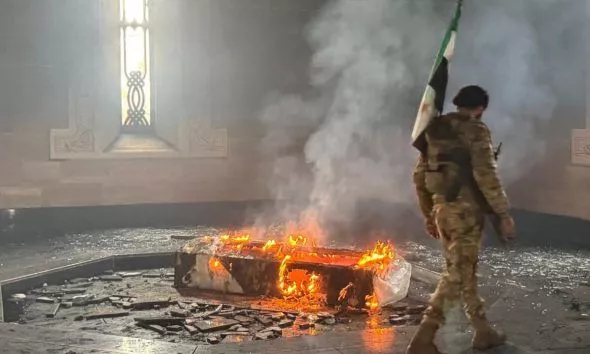
Syrian rebel fighters have destroyed the tomb of former president Hafez al-Assad, father of ousted president Bashar al-Assad, in a symbolic move marking the end of the Assad family's 54-year rule.
Videos on Wednesday online show armed rebels, led by the Islamist group Hayat Tahrir al-Sham (HTS), chanting as they set fire to the mausoleum in Qardaha, the Assad family's hometown in Latakia province.
The offensive by HTS and allied factions has swept across Syria, culminating in the capture of Damascus and forcing Bashar al-Assad and his family to flee to Russia, where they have been granted asylum.

Statues and portraits of Hafez and Bashar al-Assad have been torn down in cities across the country, as Syrians celebrate the end of decades-long authoritarian rule.
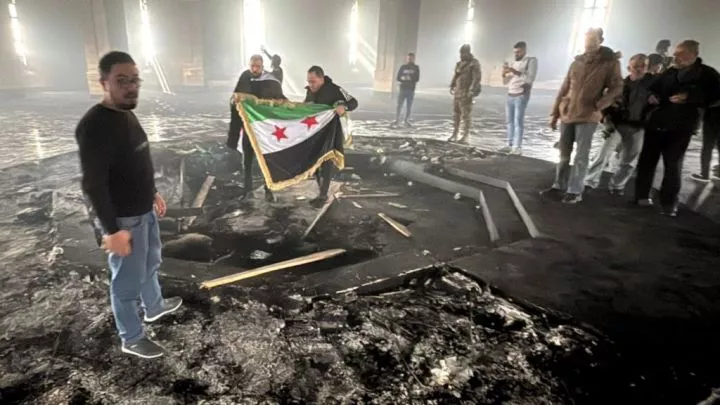
The fall of the Assad regime has prompted mixed international reactions. Iran's Supreme Leader Ayatollah Ali Khamenei blamed the regime's collapse on U.S. and Israeli interference, alongside a "neighbouring state."
HTS leader Abu Mohammed al-Jolani, now using his real name Ahmed al-Sharaa, has pledged to respect Syria's religious and cultural diversity.
A transitional government led by Mohammed al-Bashir has been established, with plans to govern until March 2025. The new leadership has begun transitioning power from the remnants of Assad's administration.
In Qardaha, HTS leaders met with local elders, securing their support and emphasizing unity. Despite these assurances, some members of the Alawite minority-long associated with the Assad regime-fear retribution.
In Damascus, daily life is beginning to normalize after years of conflict as residents describe a newfound sense of freedom, with shops reopening and markets bustling.
Israel, meanwhile, has intensified strikes on Syrian military assets, stating it seeks to prevent emerging threats.
The U.S. has expressed conditional support for Syria's new leadership, stating the need for inclusivity and minority protection.

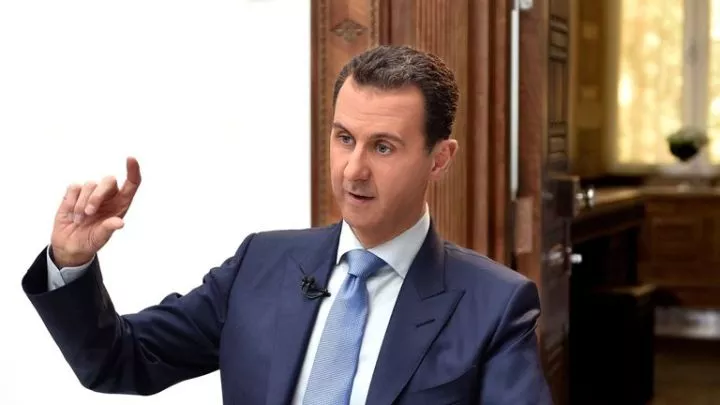
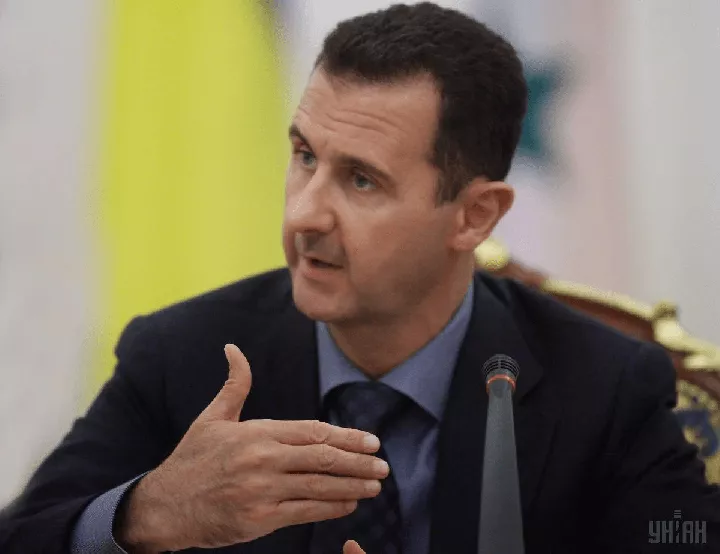



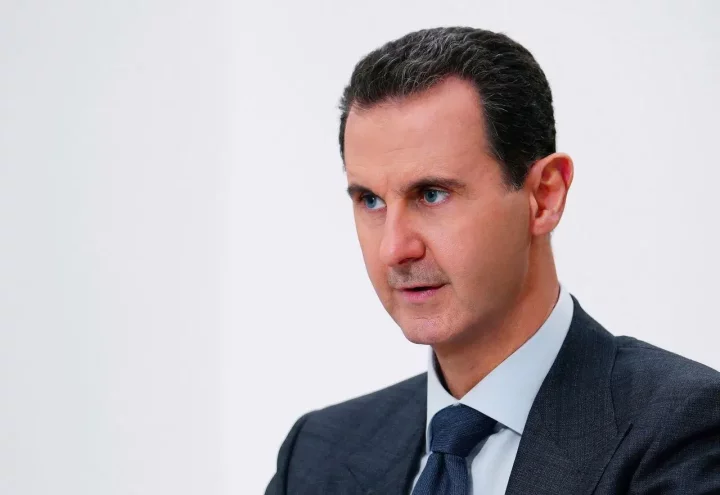
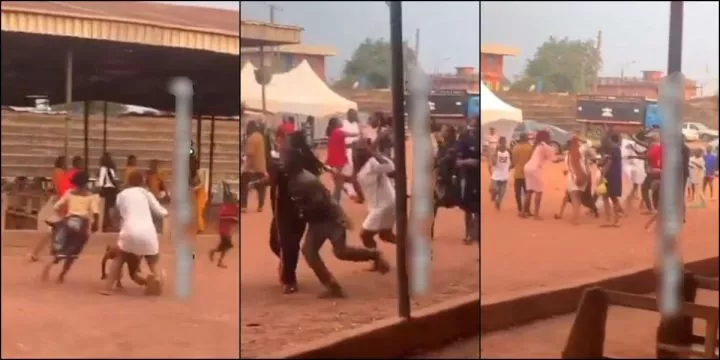







Comments